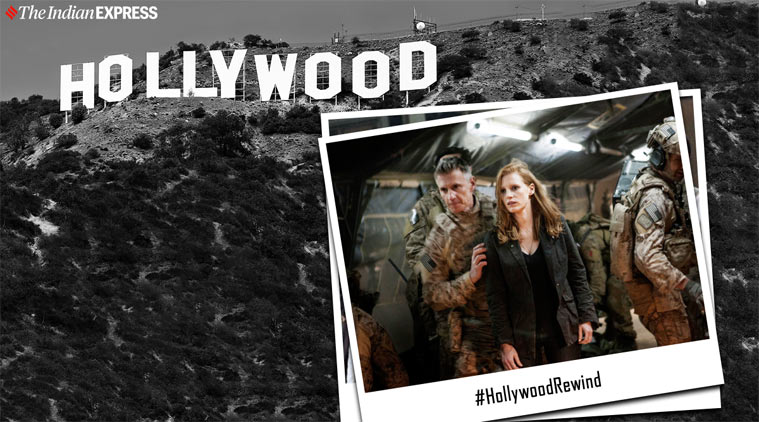 Zero Dark Thirty was helmed by Kathryn Bigelow.
Zero Dark Thirty was helmed by Kathryn Bigelow.
To capture even a dramatised version of ‘the greatest manhunt in history’ is no easy task. However, director Kathryn Bigelow shows that it can be done effectively if you take your sweet time establishing, and then grounding your vision. But — and there is almost always a ‘but’ when it comes to historical/political dramas — the 2012 release Zero Dark Thirty is not without its complications. More on that later.
For the uninitiated, Zero Dark Thirty is a fictionalised account of the decade-long hunt for former Al Qaeda leader Osama bin Laden. Bin Laden was shot to death during the much-talked-about night raid of his compound in Pakistan on May 2, 2011. The movie’s name is inspired from the same raid and the fact that much of the hunt was shrouded in darkness, and very little was known of bin Laden’s whereabouts until the very end.
Before Zero Dark Thirty, Kathryn Bigelow had some experience in making military/political dramas (read The Hurt Locker). But Zero Dark Thirty is not The Hurt Locker. It doesn’t ask questions about war and the effect it has on people who fight it. It is more about what Jessica Chastain’s character Maya believes (she plays a CIA analyst). It is her story and her character arc that we follow, which I was fine with. Because that is how the director and the writer condensed this broad stroke of history into a feature film. What I had issues with were the little inconsistencies that Maya made. She is, for the most part, shown as a strong, silent woman who 100 per cent believes in her findings and stands by it. But then she is also shown as someone who is borderline arrogant, too full of herself. Of course, being a human, she can have flaws, but not in a manner that looks jarring on screen. One instance that immediately comes to the mind is when Maya says in a serious meeting while referring to bin Laden’s hideout; “I am the motherf**ker who found the place.” Here, I don’t have issues with her outspokenness or the fact that she took a stand for herself. What bothered me was the way she handled the situation, which was not in line with the mood of the dramatic setting or her own persona at large.
Another bone of contention for many people is the oft-talked about torture sequences. I don’t blame the film or the filmmaker for this. Yes, there is an implicit suggestion that torture can be an effective way of getting information. Of course, it could be effective, but there are two sides to that argument as well. One, the person can’t take it anymore and blurts out the truth, and second, the person might not actually know anything and breaks down and says something that the interrogator wants to hear. However, in Bigelow’s defense, she had earlier said in an interview to the BBC that, “It’s part of the story. To omit it would have been whitewashing history.”
And then there are other complications. Like the stereotypical representation of Pakistanis, the way they dress and a factual error that they commonly speak Arabic. These irregularities aside, Zero Dark Thirty is an intense, thrilling film about an equally intense period in modern history. And if you don’t take it as a factual account of what actually transpired, Zero Dark Thirty is a well-made drama that follows the trajectory of an in-form Jessica Chastain, who is more than credible as Maya, the woman who found ‘that’ building.
Zero Dark Thirty is streaming on Netflix.